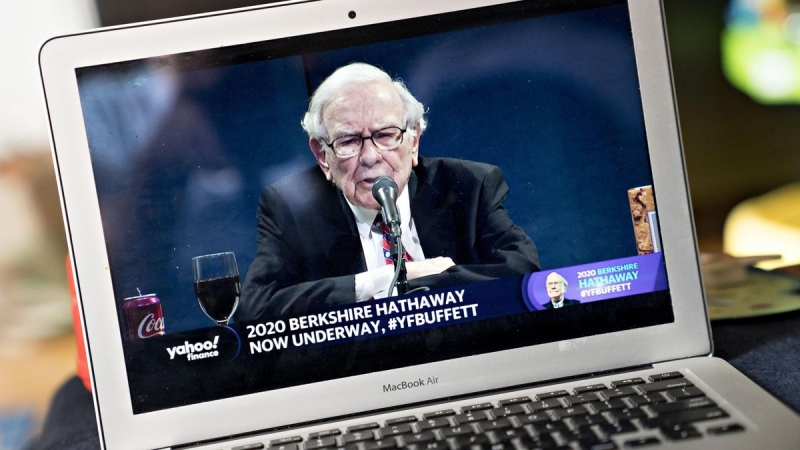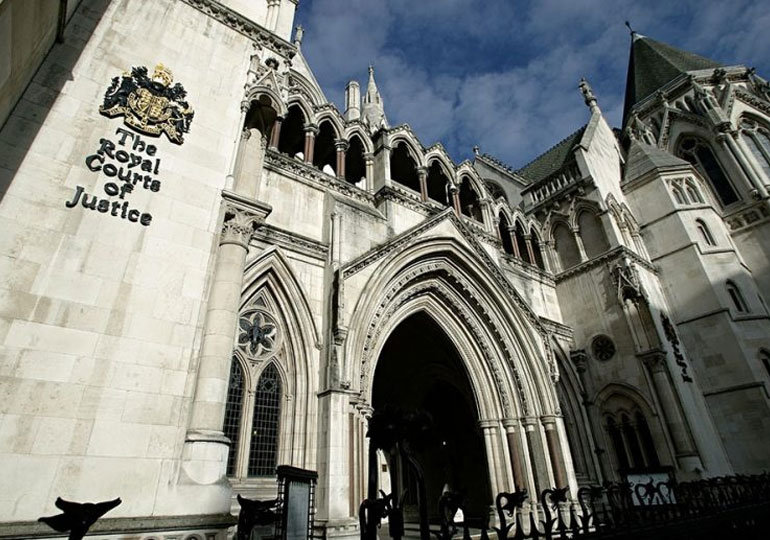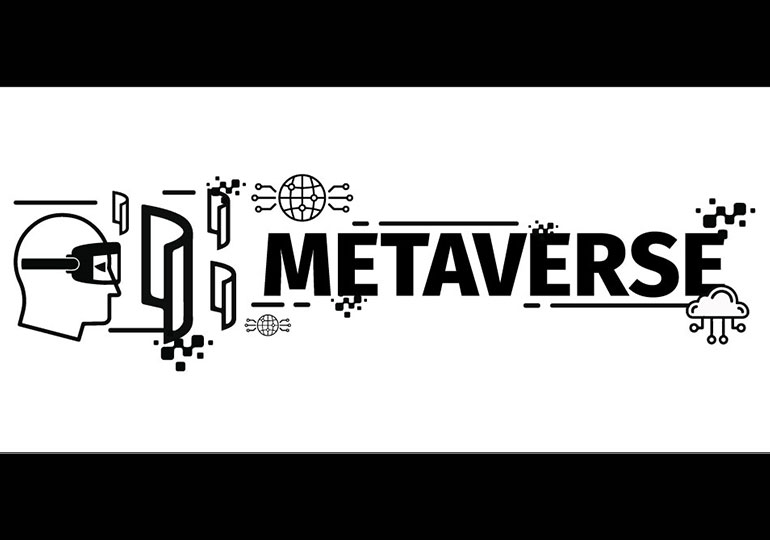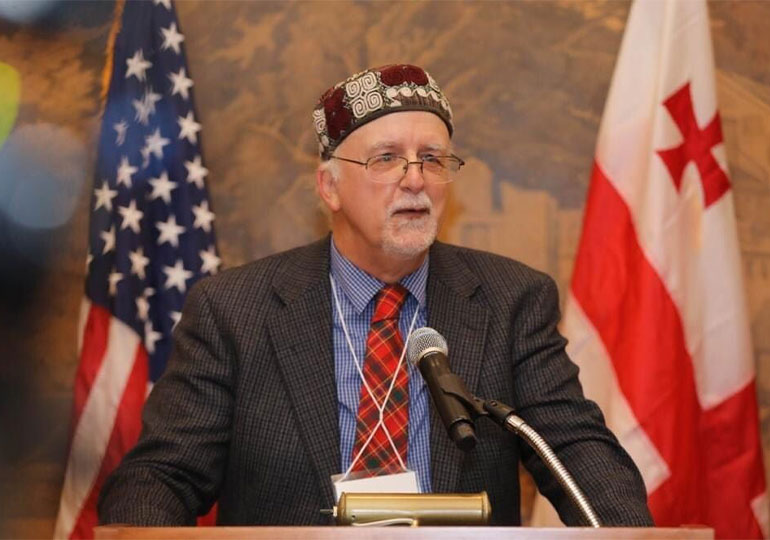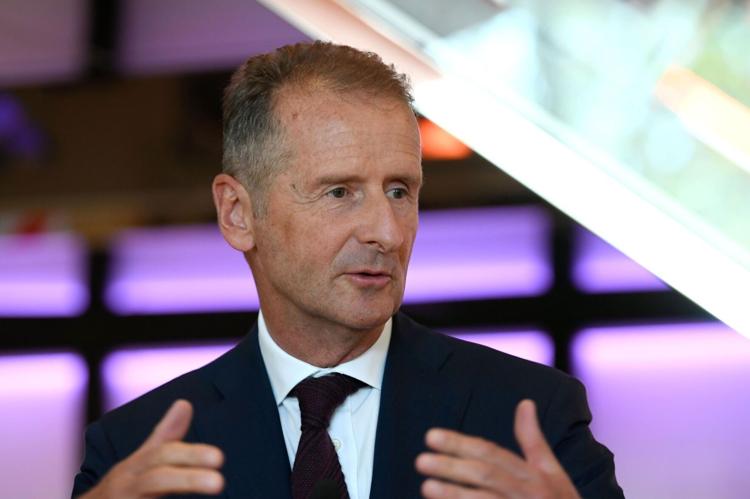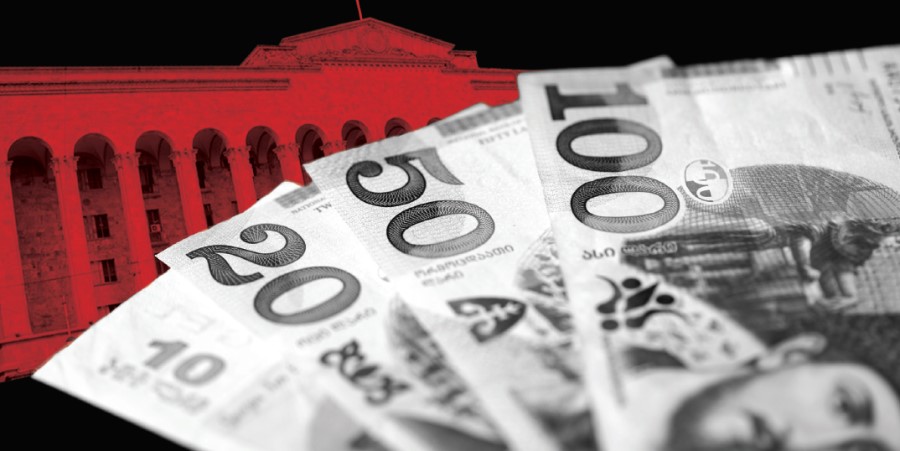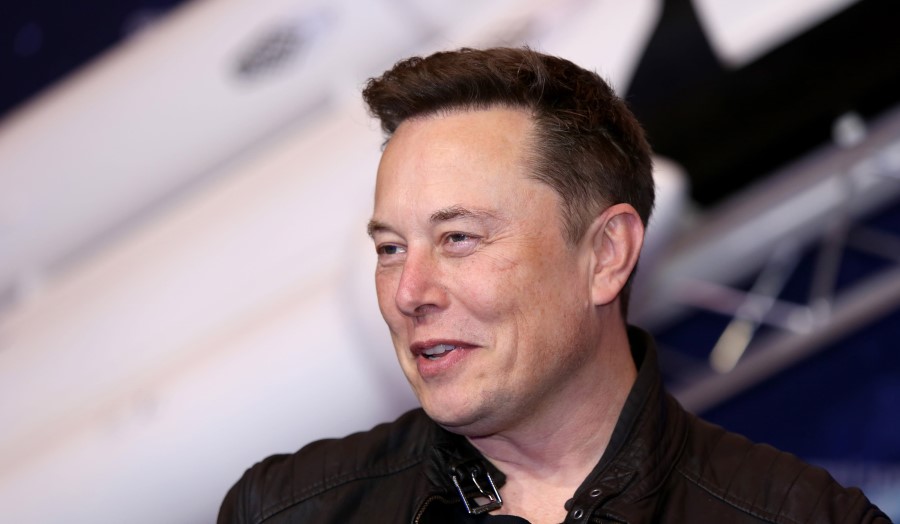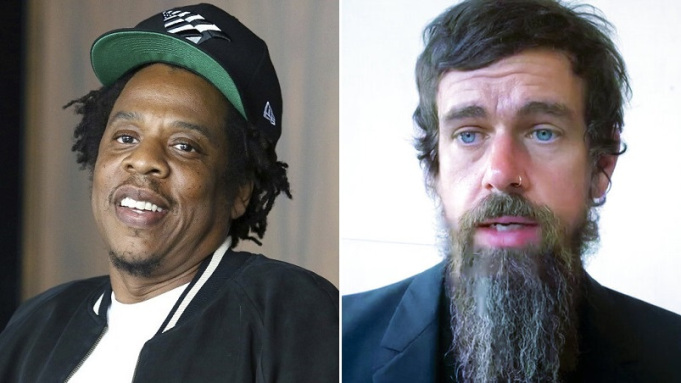Berkshire Hathaway Inc. (BRK.A, BRK.B) held its 2020 annual meeting of shareholders as a livestream-only event originating from its headquarters city of Omaha, Nebraska on May 2. In stark contrast to the 2019 meeting, when a record 40,000 visitors attended,1 this year social distancing orders sparked by the COVID-19 coronavirus crisis limited in-person participants to 89-year-old Chairman and CEO Warren Buffett and 57-year-old Vice Chairman of Non-Insurance Business Operations Greg Abel, plus several other employees who assisted in running the meeting.
Buffett’s longtime top lieutenant, Executive Vice Chairman Charlie Munger, age 96, did not participate. Neither did 68-year-old Vice Chairman of Insurance Operations Ajit Jain. Below are 5 key takeaways from Berkshire’s 2020 annual meeting, based on the livestream of that event as viewed by Investopedia.2
‘Never Bet Against America’
Regarding the impact of the COVID-19 coronavirus pandemic on the U.S., Buffett said, “The range of possibilities on the economic side is still very wide.” He added that it may take many years to assess the full impact of the current protracted “sidelining” of the U.S. economy, including its effect on people’s psyches. Nonetheless, he remains highly optimistic about the future.
“We faced tougher problems, and the American miracle has always prevailed,” Buffett remarked. Among several examples, he offered the Civil War, during which 6% of the prime workforce, males aged 18 to 60, died, a mortality rate orders of magnitude above that in the current pandemic.
Indeed, if one could pick a time and place to be born, Buffett believes that the best choice would be in America today. “This is an extraordinarily young country” at 231 years (since the 1789 inauguration of George Washington as president), Buffett stated, “but what we have accomplished is miraculous.” He later asserted, “Never bet against America.”
In response to several questions from shareholders, Buffett advised the average investor to buy index funds that hold the S&P 500. He noted that “it’s very unusual” for a money manager to beat the market, and that “the money is in selling” people on these slim hopes.
Berkshire’s Q1 Results
On May 1 Berkshire reported its first quarter results, which were severely impacted by the COVID-19 pandemic. Indeed, the company had 19 mentions of COVID-19 in its earnings report. Here are the results:
- Q1 operating earnings: $5.871 billion, up from $5.555 billion in Q1’19
- Q1 investment gains: -$54.517 billion, down from $15.498 in Q1’19
- Q1 net earnings per A share: -$30,652, down from $13,209 in Q1’19
- Q1 net earnings per B share: -$20.44, down from $8.81 in Q1’19
- Q1 cash and equivalents: $137.263 billion, up from $127.997 in Q1’19
Importance of the FDIC
Buffett described the FDIC as “a mutual insurance company of the banks backed by the federal government,” and noted that it has not lost a penny of taxpayer money over its history, since it is funded by assessments on the banks. He opined that the Great Depression probably would have been much shorter and less severe if the FDIC, which he believes to be the most important New Deal program, had been created earlier. He noted that over 4,000 banks failed in the early years of the Depression, which wiped out vast numbers of people’s savings, and “scarred their memories” for decades to come.
While Buffett did not comment on the relevance of the FDIC amid the COVID-19 crisis, the federal government has launched various initiatives designed to lend economic assistance to cash-strapped individuals and to bolster confidence. Among these are the CARES Act and the Paycheck Protection Program (PPP). As detailed below, he singled out Federal Reserve Board Chairman Jerome (Jay) Powell for particular praise.
‘Anything Can Happen In Terms of Markets’
While advising investors to “bet on America,” Buffett cautioned them that “anything can happen in terms of markets,” and that “you don’t know what’s going to happen tomorrow.” He offered both the COVID-19 crisis and the 9/11 attacks as examples of unanticipated shocks to the markets. As a result, “you never want to use borrowed money,” such as through buying stocks on margin, which increases your risk.
In this context, Buffett cited a study prepared by Johns Hopkins University, the Economist magazine, and the Nuclear Threat Initiative (NTI) headed by former U.S. Senator Sam Nunn of Georgia. Released in Oct. 2019, the study developed a Global Wealth Security Index and found that, while biological threats are potentially massive, nearly every country gets a failing grade on preparedness.
Fed Chairman Powell Belongs ‘On a Pedestal’
“I always had Paul Volcker on a pedestal in terms of Fed chairmen,” Buffett said. “[Current Fed Chairman] Jay Powell, in my view, belongs with him on that pedestal,” he added. “They [the Fed] acted with unprecedented speed and determination” to prop up the economy in the wake of COVID-19 crisis. Regarding the massive expansion of the Fed’s balance sheet, he said, “We don’t know the consequences of doing that, but we do know the consequences of doing nothing, and we owe the Fed a great thank you.”
Later, in response to a shareholder question about whether Berkshire is considering lending out its large and growing cash hoard, Buffett said: “This is a great time to borrow money. It may not be a good time to lend money.” Noting that corporate debt issuance has proceeded at a record pace as the Fed has provided liquidity, he asserted, “We are not in the business of subsidizing companies with [our] shareholder money.”
Berkshire Bails Out Of Airline Stocks
Berkshire sold $6.5 billion of equities from its portfolio in April, solely based on Buffett’s determination that he “had a made a mistake” in making large pre-COVID-19 investments in four large U.S.-based airlines, with “four excellent CEOs.” Now, he said, “there are too many planes,” and “the world has changed for the airlines,” which have been “especially hurt by the [economic] shutdown.”
These companies are American Airlines Group Inc. (AAL), Delta Air Lines Inc. (DAL), Southwest Airlines Co. (LUV), and United Airlines Holdings Inc. (UAL). Buffett indicated that Berkshire has sold its entire holdings of these stocks, which were acquired at an aggregate cost in excess of $8 billion.
Berkshire’s Top Equity Holdings
Berkshire still holds3 over $180 billion in the common stock of many publicly-traded companies. Approximately 69% of the aggregate fair value was concentrated in these five companies:
- American Express Co. (AXP): $13.0 billion
- Apple Inc. (AAPL): $63.8 billion
- Bank of America Corp. (BAC): $20.2 billion
- The Coca-Cola Company (KO): $17.7 billion
- Wells Fargo & Co. (WFC): $9.9 billion
